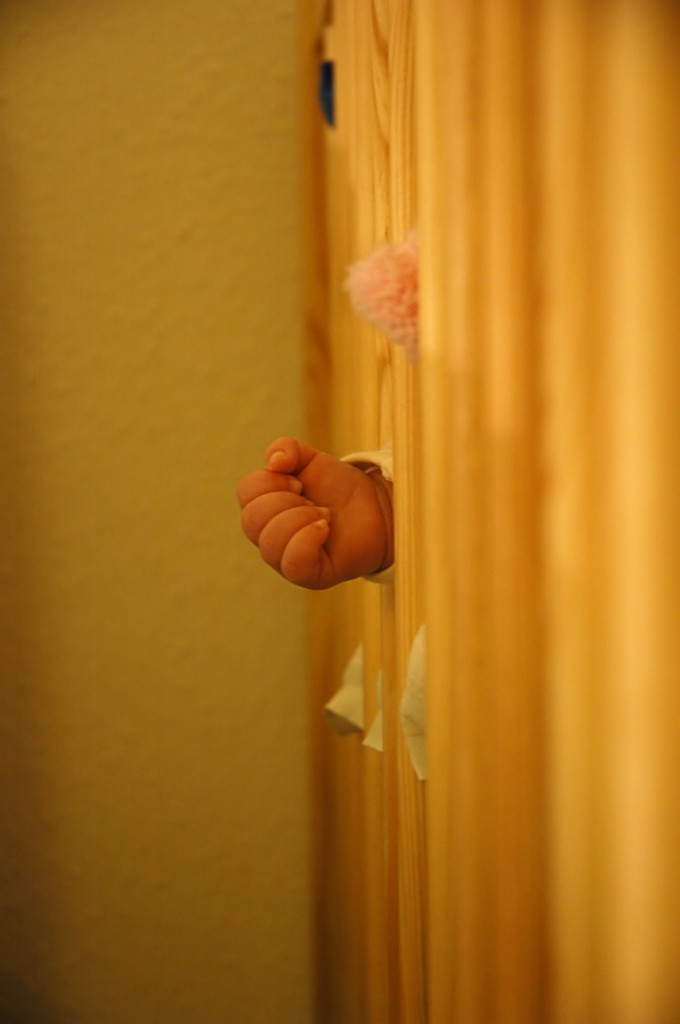Itching is probably one of the most distracting, irritating, and agitating sensations we can have. When the skin lights up with hot spots and itching, it seems like the itch goes all the way to the bone. This sensation in children often leads to aggressive scratching that can cause scratches, infections, and further eczema flare ups. The catch-22 with itchy skin is that often times a good night’s sleep gives the immune system and the skin time to do some healing – but who can sleep through an itch?
Here are some simple and effective things you can try to help your child get the healing rest they need no matter how itchy their skin is…
Wet Wrapping
This tried-and-tested technique has been the popular favorite for years. Wet wrapping involves bathing with soothing oil added to the bath water, applying a deep-penetrating moisturizer or medicated cream to the affected area, and then wrapping it with a layer of wet bandaging covered by a layer of dry for insulation. Wet wrapping requires work, but many parents say this method always works when nothing else will.
Wet Moisturizing
If your child takes a pre-bed bath, you may have an opportunity to relieve intense itching. First, use luke-warm water – not hot. Hot water can flare up itching and cause more problems than it solves. Next, add soothing oil to the bath like olive or coconut. 2 tablespoons to a full tub is a good ratio that many parents find effective. Finally, before you dry your child’s skin once the bath is over, apply a penetrating moisturizer and let it sit on the skin for 5 minutes before rubbing in the excess.
Note: This technique only works in plain-water baths where no detergent soaps are used. If you use soaps, you’ll need to rinse your child in clean water before letting them air-dry.
Massage
A great alternative to scratching that relieves the itch and helps flush itch triggers from nerve endings is massage. Many people find that using moisturizing oil as a base for a medium to deep pressure massage can help the skin flush toxins from the area, reset the nerves, and relieve tension in the area as well. Itching is often caused by toxins or chemical signals building up on nerve endings, or on tension and inflammation in the skin. Massage is known to help with all of these issues so it’s a great option to test out.
Control The Environment
If you find that your child’s itching kicks in after they’ve gone to bed, you may need to pay special attention to what’s happening where they sleep. Using a humidifier, keeping gentle air flow in the room with a fan that doesn’t blow directly on the skin, turning down the heat, and using blankets and bedding that’s made from breathable wicking fabric like bamboo or cotton can make drastic positive changes.
What do you do to help your child deal with itching that prevents good sleep?
Share your suggestions with us in the comments below!

